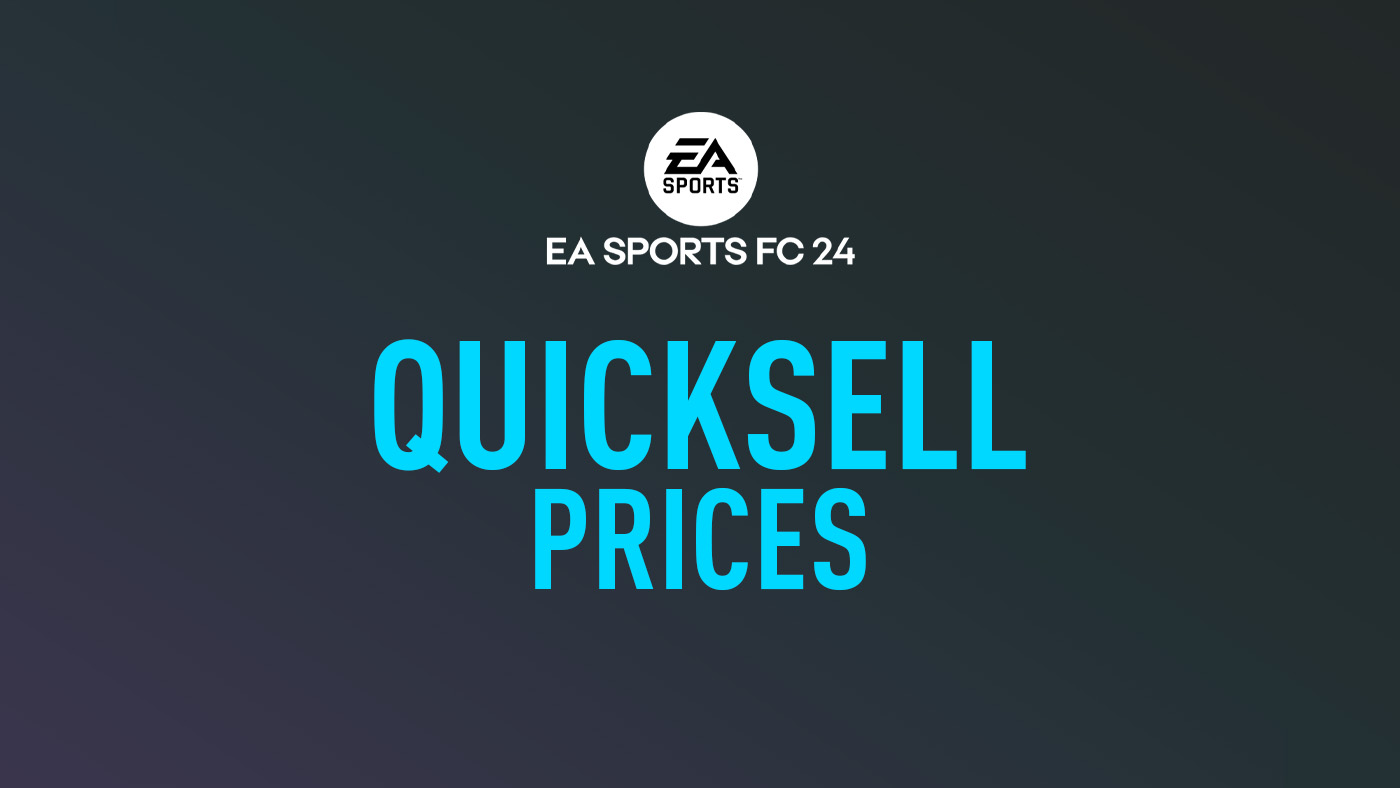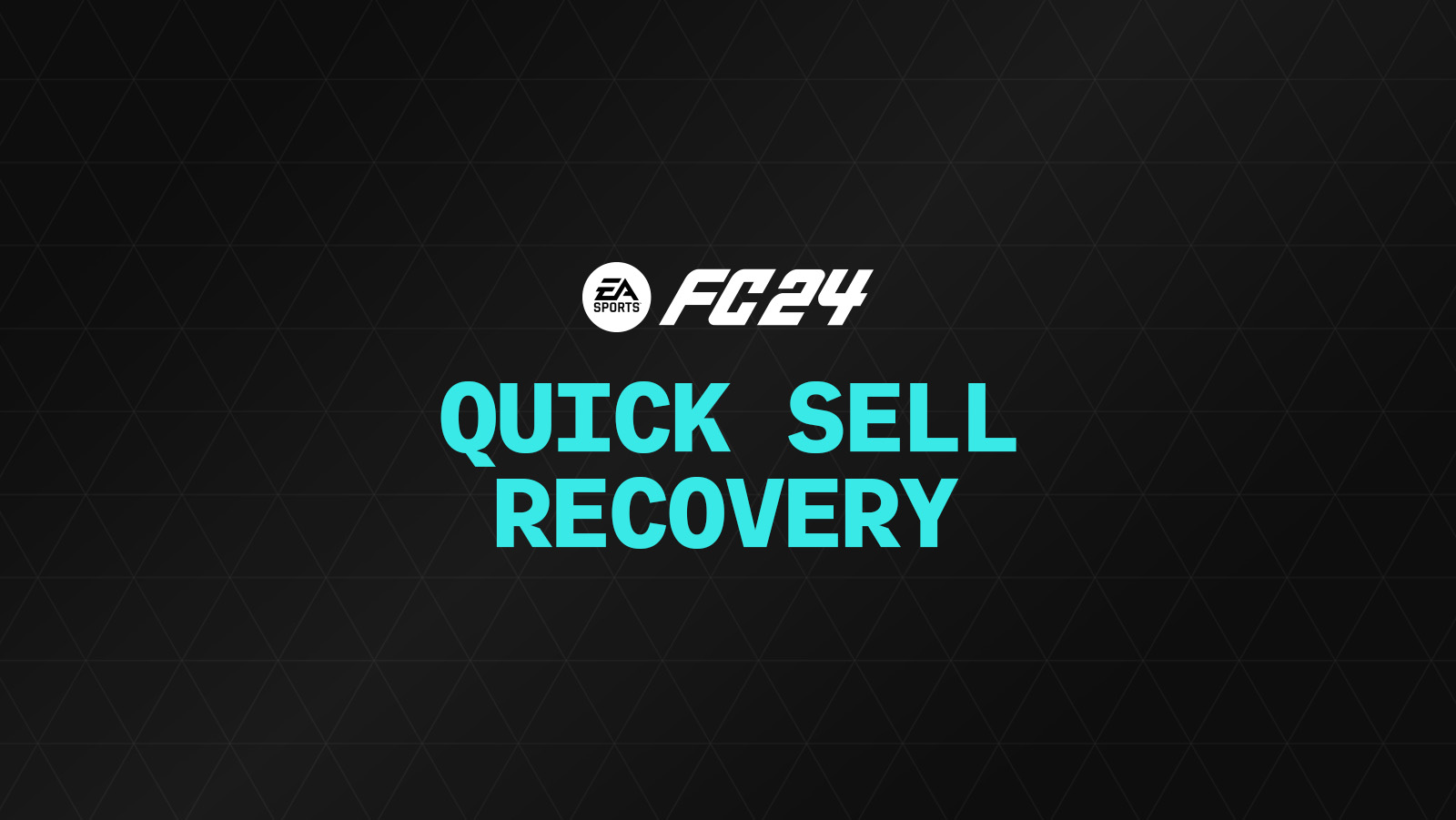FC 24: What Is A Sell-On Clause? Explained!
Ever wondered how a young football prodigy can potentially make a fortune for their former club, even after they've moved on to bigger and better things? This seemingly complex financial arrangement revolves around the "sell-on clause," a mechanism that can significantly impact the transfer dealings of clubs in FC 24 and, indeed, the real world of football. Understanding this concept is crucial for anyone who wants to navigate the intricacies of player transfers, scouting, and building a successful virtual or real-world footballing dynasty.
A sell-on clause, in its essence, is a contractual agreement between two football clubs that entitles the selling club to a percentage of the future transfer fee if the player is sold again by their new club. It's a forward-thinking strategy, a hedge against potential losses, and a way for smaller clubs to benefit from their ability to identify and develop young talent. These clauses can vary widely, from a simple percentage of the next transfer fee to more complex arrangements that factor in the player's performance, the selling club's tier, or even the player's contract length. The details, naturally, are hammered out during the initial transfer negotiations, adding another layer of complexity to the already intricate world of player trading. While often discussed in the context of real-world football, the sell-on clause is a very important part of football management simulations such as EA Sports FC 24 (formerly FIFA). This allows players of the game to experience the real-world implications of a sell-on clause.
To better understand the concept, let's break it down further. Imagine a scenario: A relatively unknown young player blossoms at a smaller club, catching the eye of a larger, wealthier team. The larger team swoops in, agreeing on a transfer fee. However, the smaller club, recognizing the player's potential, negotiates a sell-on clause. This clause might stipulate that if the player is sold again in the future, the original club will receive, say, 10% of the selling clubs profits. Years later, the player, now a global superstar, is transferred for a massive fee. Thanks to the foresight of the initial club, they're entitled to a hefty sum, a reward for their early scouting and player development.
The sell-on clause isn't just a financial mechanism; it's a vital part of the football ecosystem. It can incentivize smaller clubs to take risks on young players, knowing that they can benefit from future success. It also adds an element of strategy for clubs in FC 24. Do you prioritize immediate profit, or do you try to negotiate for a sell-on clause, hoping to reap rewards later on? This decision is one of many that can impact a managers ability to be successful within the game.
Negotiating a sell-on clause often depends on several factors. The selling clubs bargaining power, the player's age and potential, and the buying club's willingness to compromise all come into play. A club that needs to sell a player quickly may have less leverage, while a club with a highly sought-after prospect can drive a harder bargain. The specifics are complex. A club might try to get a higher percentage, which is dependent on the players potential and market demand.
Here is how the Sell-On Clause works:
- Initial Transfer: Player A, a promising talent, plays for Club X. Club Y wants to buy the player.
- Negotiation: During the transfer deal, Club X negotiates a sell-on clause. They agree that if Player A is sold by Club Y in the future, Club X will receive a percentage (e.g., 10%) of the subsequent transfer fee.
- Subsequent Transfer (Years Later): Player A excels and is later sold by Club Y to Club Z for a larger fee.
- Clause Activation: Because of the sell-on clause, Club X is entitled to a percentage of the profit from the sale between Club Y and Z. So, Club X gets a sum of money.
The inclusion of sell-on clauses in FC 24 realistically reflects the transfer market. The game developers want to provide an experience that is true-to-life and so they implement realistic transfer deals. Managing a team, scouting players, and negotiating deals are some of the core elements of FC 24 and these features mirror what happens in the real world of football. This makes the sell-on clause an essential aspect of player management and strategy.
For players of FC 24, understanding the implications of sell-on clauses can significantly impact their managerial success. In-game, a smart manager would be wise to incorporate sell-on clauses into every single player transfer. These sell-on clauses can bring in valuable funds, which can be reinvested into new player acquisition, facility upgrades, and team development. For instance, consider a scenario where a manager identifies a young, promising player in the youth academy. Even if the immediate transfer fee is not high, the inclusion of a substantial sell-on clause could lead to huge returns later on. This approach allows managers to build a sustainable financial model. Managers have a great advantage as they can take calculated risks on young players. This provides a financial safety net and a potential financial windfall if the player thrives at their new club.
From a gameplay perspective in FC 24, sell-on clauses introduce strategic decisions. Do you prioritize immediate profits by selling a player outright, or do you gamble on their future success and negotiate for a sell-on percentage? This decision can shape a clubs financial stability and its long-term prospects. The risk-reward analysis becomes a crucial part of the managerial process.
Moreover, the implementation of sell-on clauses adds a layer of realism to the game. When players in FC 24 negotiate transfer deals, they have to weigh all the options. The selling club can use the sell-on clause as a negotiation tool to get a higher transfer fee, and this aspect of negotiation further reflects real-world football. The inclusion of sell-on clauses promotes an active and dynamic transfer market. Managers must be aware of not only the players on the market but also the financial implications of their decisions.
Consider the impact of these clauses on scouting and youth development. Clubs with a robust scouting network and a well-developed youth academy can take advantage of sell-on clauses. These clubs can find young, undiscovered talent and then implement the sell-on clauses, which could later lead to significant profits. This focus on youth development is also replicated in real-world football. Premier League teams are often heavily focused on developing young talent, which has the possibility to generate large sell-on fees.
The impact of sell-on clauses in FC 24 extend beyond just the financial implications. They influence the way the player thinks about the club and its long-term success. It is all about the strategic thinking that goes into managing a team.
In the context of FC 24, a good manager uses sell-on clauses to build a strong team that can withstand the financial demands of the sport. This can involve making deals with other clubs in order to get the best possible value. This includes investing in youth scouting and development. The ability to identify and develop young talent becomes critical. This investment is not just limited to individual player development. It also impacts the overall team strategy.
The intricacies of the sell-on clause is important both inside the game and in the real world of football. The purpose of the sell-on clause is simple: it provides smaller clubs with a financial safety net. It provides managers with a tool for maximizing the potential of their squads. It is a dynamic of the current footballing world that impacts every club that participates in the player transfer market.
The inclusion of the sell-on clause in FC 24 contributes to a richer and more immersive gaming experience, mirroring the complexities of real-world football transfers. As gamers strategize their way through the seasons, they must consider the long-term implications of their player acquisitions. The sell-on clause becomes another strategic element, forcing players to balance immediate gains with the potential for future financial windfalls. The game allows players to experience the thrill of discovering a hidden gem and then watching them develop to greatness.
In essence, the sell-on clause is a clever financial arrangement that helps smaller clubs benefit from player development and keeps the football economy running smoothly. In the digital world of FC 24, understanding and utilizing sell-on clauses can give managers a strategic advantage, allowing them to build successful teams while ensuring financial stability. Whether it is in the context of the game or the real world, the sell-on clause is a crucial part of the football transfer ecosystem.
The sell-on clause is a vital part of football both in the virtual world and reality. It is important to understand how sell-on clauses function and how these clauses impact every football team from the smallest youth academy to the biggest Premier League club. FC 24 can be used as a tool to better understand how these aspects of football work, as the game replicates the real-world scenarios that exist in modern football. This game can be used as an insightful learning tool that is easily accessible.


